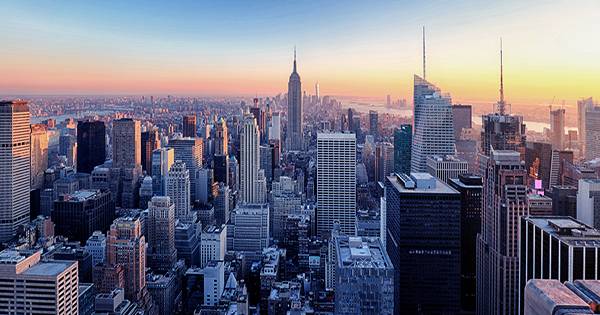Anyone trying to open a strip club or escort service who is concerned about the rising crime rate may face stiff resistance from their potential neighbors. However, if coincidentally two periodic studies are believed, complainants should be more concerned about Airbnb enrollment. Fears that the Airbnb list is associated with higher crime rates have been widely disclosed, but rarely examined. A team from Northeastern University investigated whether the idea was justified, and if so, whether the reason was that tourists were committing crimes or something less direct.
In Plus One, they said that having more airbnbs in a city, at least seven years, was a risk factor for violent crime – but places that are booked are not particularly at risk of being criminals or victims. Dr. Babak Haidari and co-authors examined 911 calls against the density of the Airbnb list in Boston 2011-2017 and found a precise correlation. But in times of change, people in more violent neighborhoods are denying the possibility of fleeing their homes and leaving online. Tourists also said that this crime is not happening.
Instead, the authors found, there was a delay between the list going up and the crimes committed. They can call it the social mobility of the temporary population – the neighborhood of the neighborhood – that helps to stop crime. Heydari said in a statement, “We show that this is not the number of Airbnb tourists who live in neighborhoods that lead to an increase in criminal activity, but rather the creation of temporary assets scattered in neighboring areas that erode social institutions and social capital over time and cause chaos and crime,” as a result of activities.”
No doubt Airbnb will not like these searches. Although the presence of places for sex groups is closely linked to sexual offenses, there is nothing that a group can face resistance to. The belief that places like strip clubs and adult bookstores lead to more sexual crimes is widely and often used to force this type of business on the outskirts of the city or to ban them altogether. Opponents highlighted a report claiming such a link in the London Borough of Camden, a more rigorous analysis of the data that led to the disregard for this result.
















